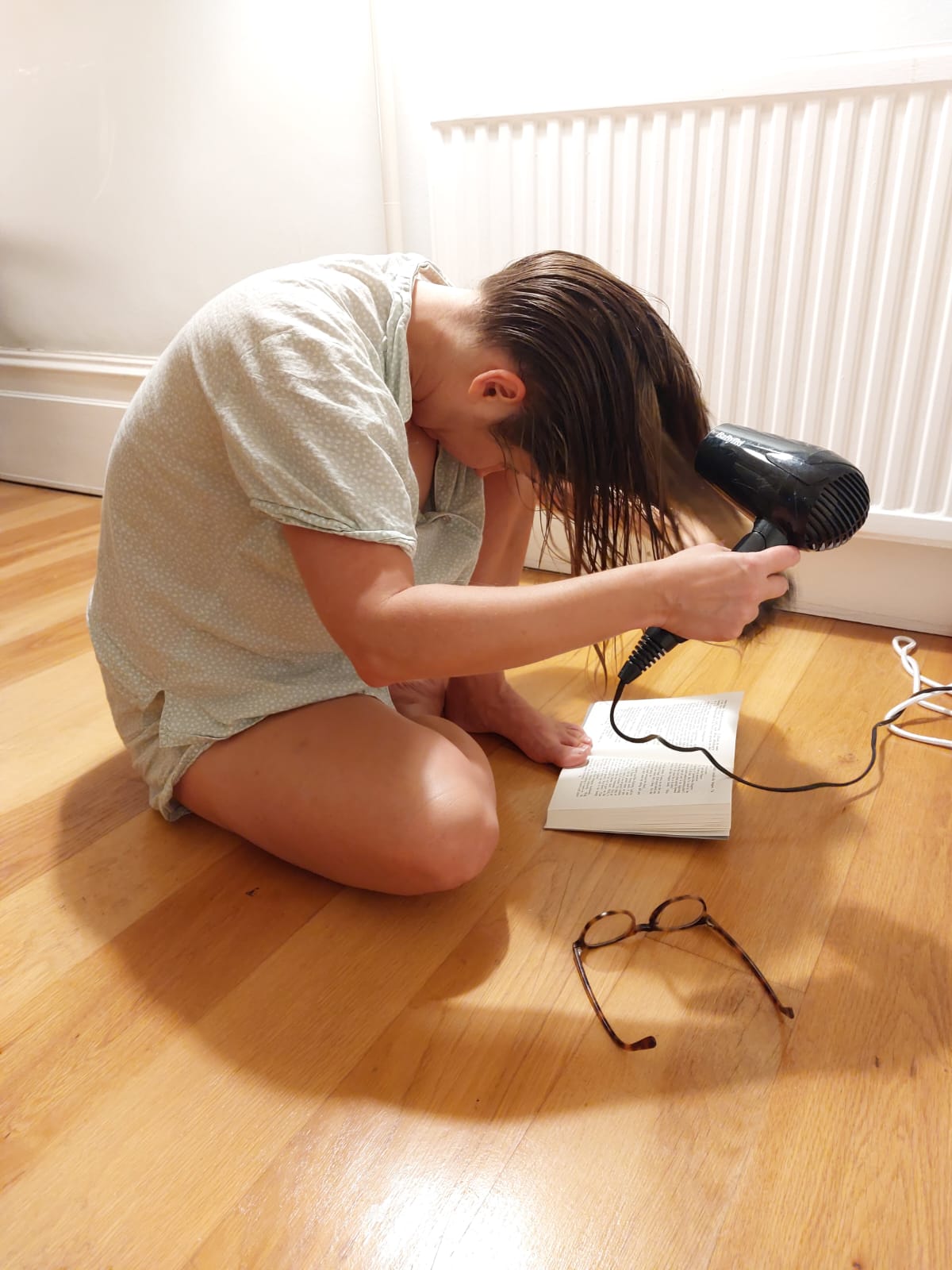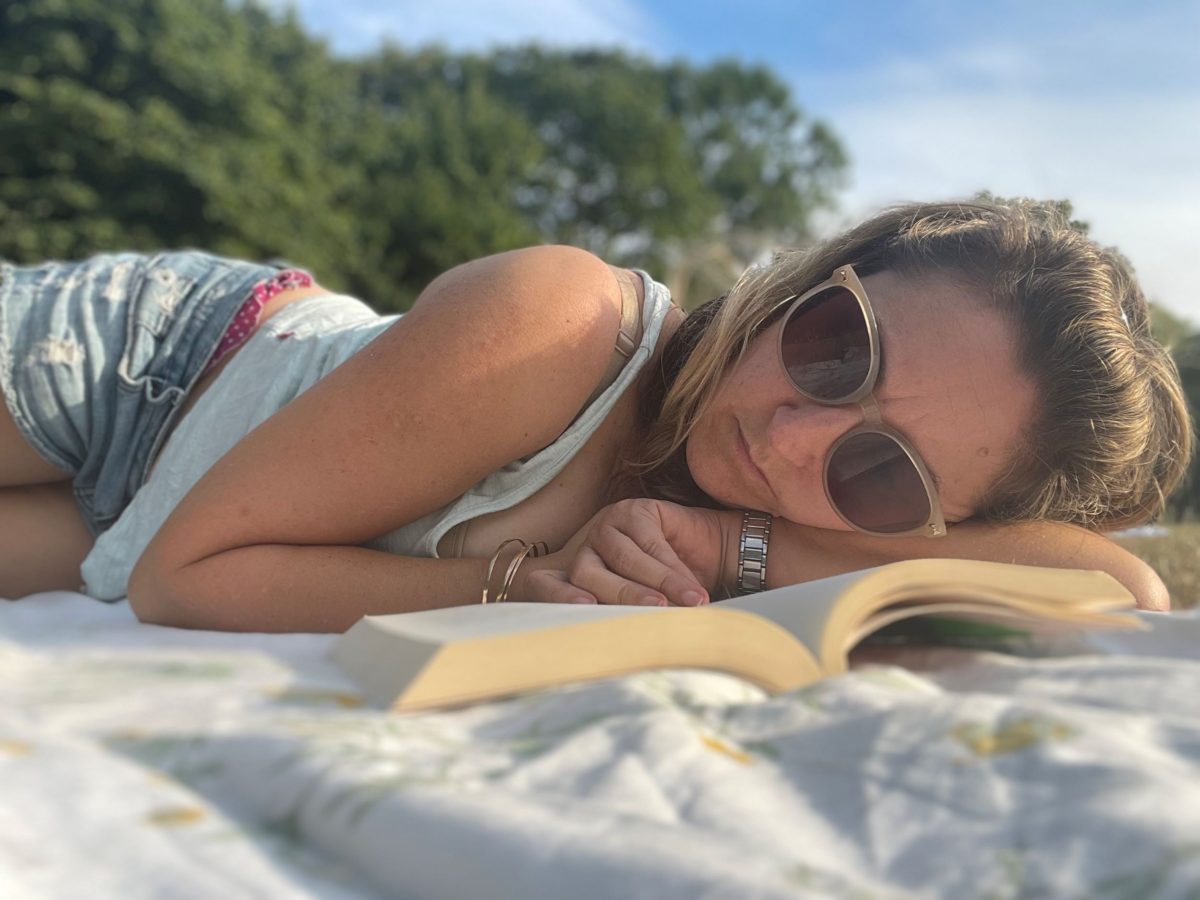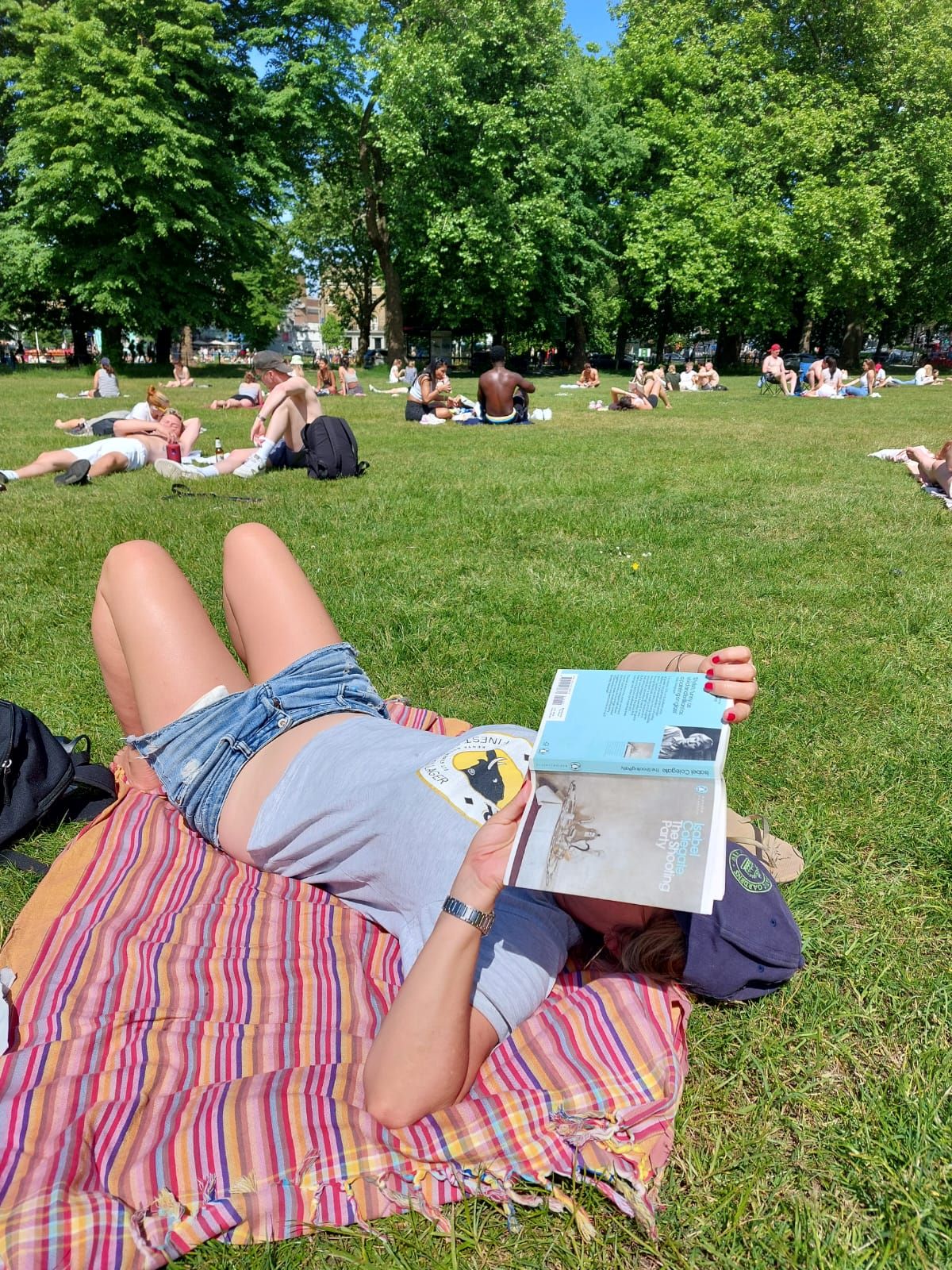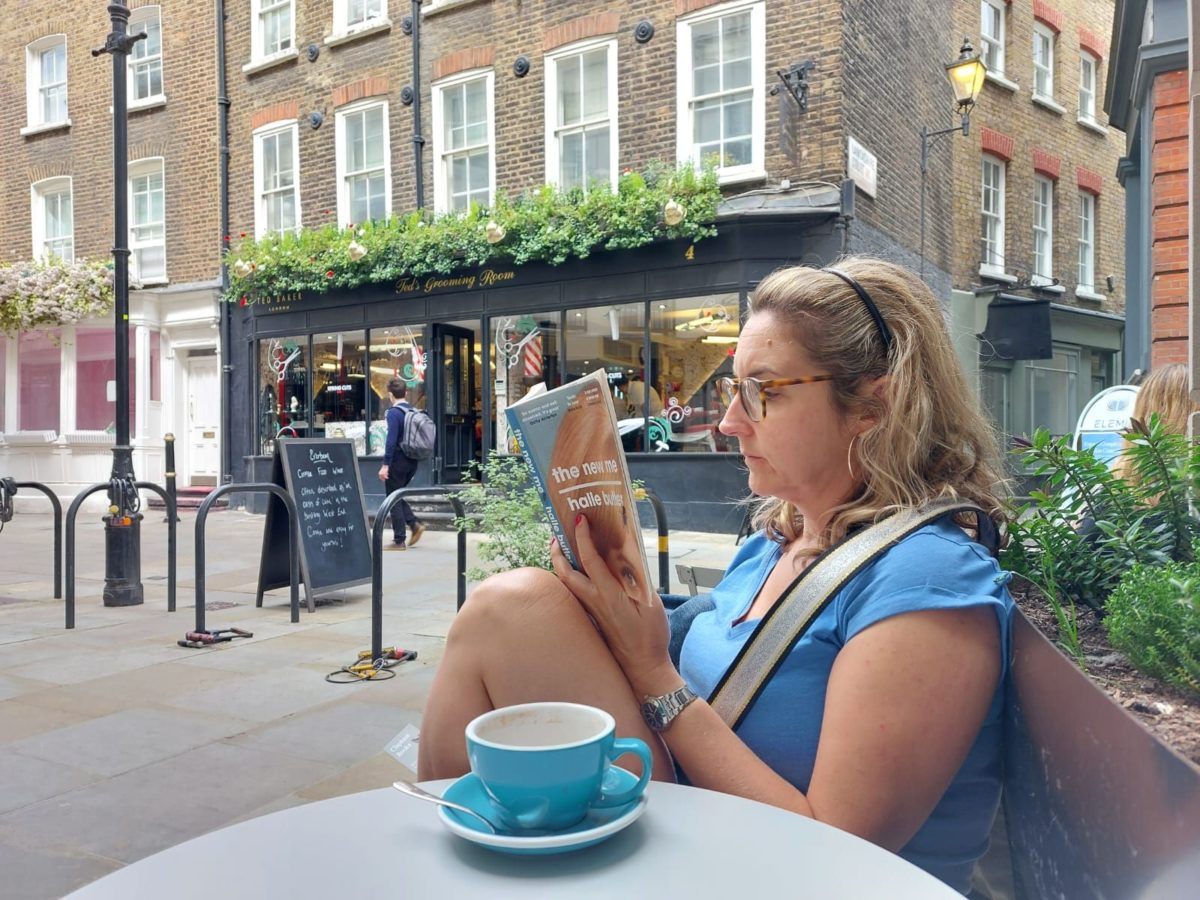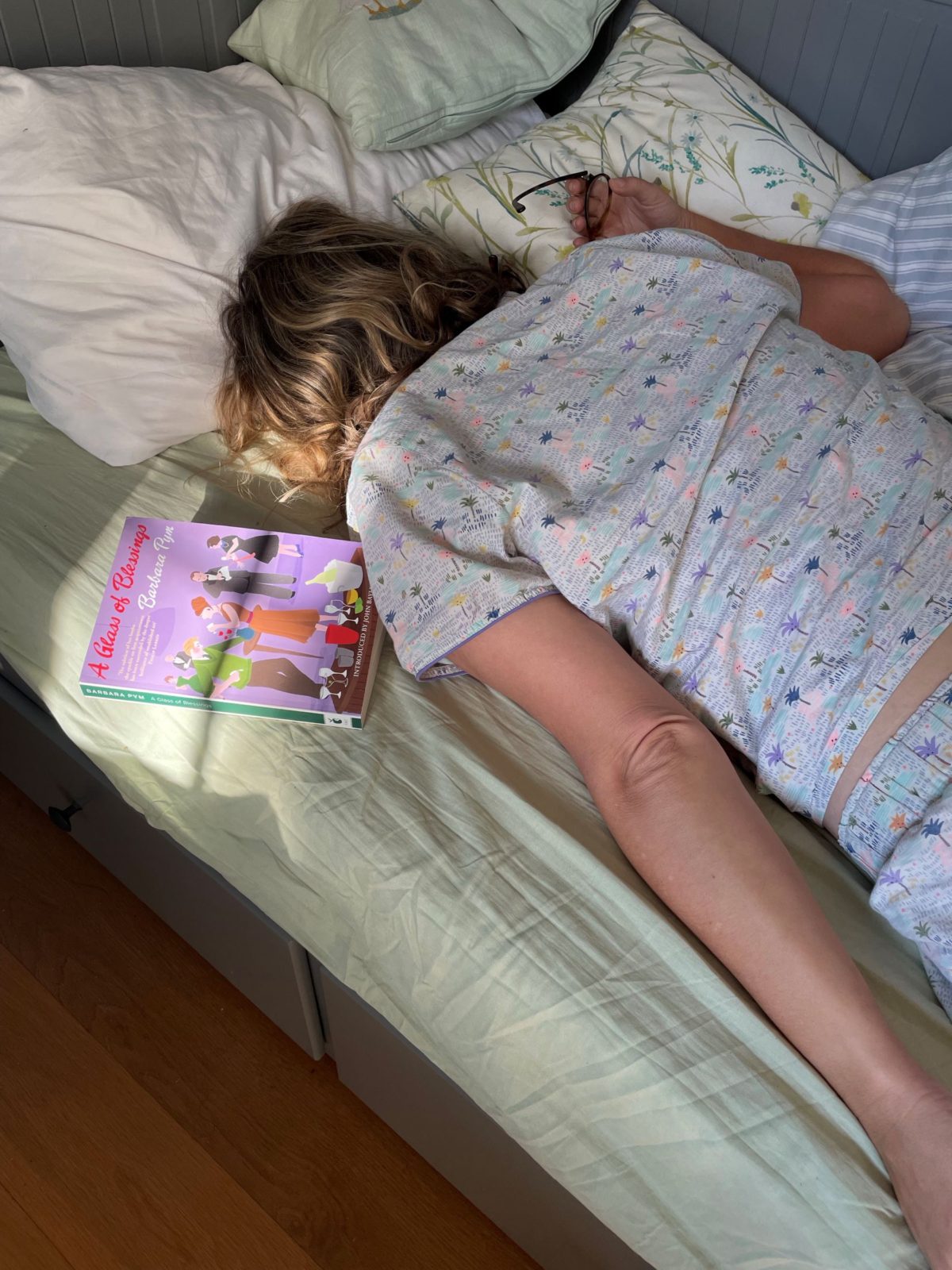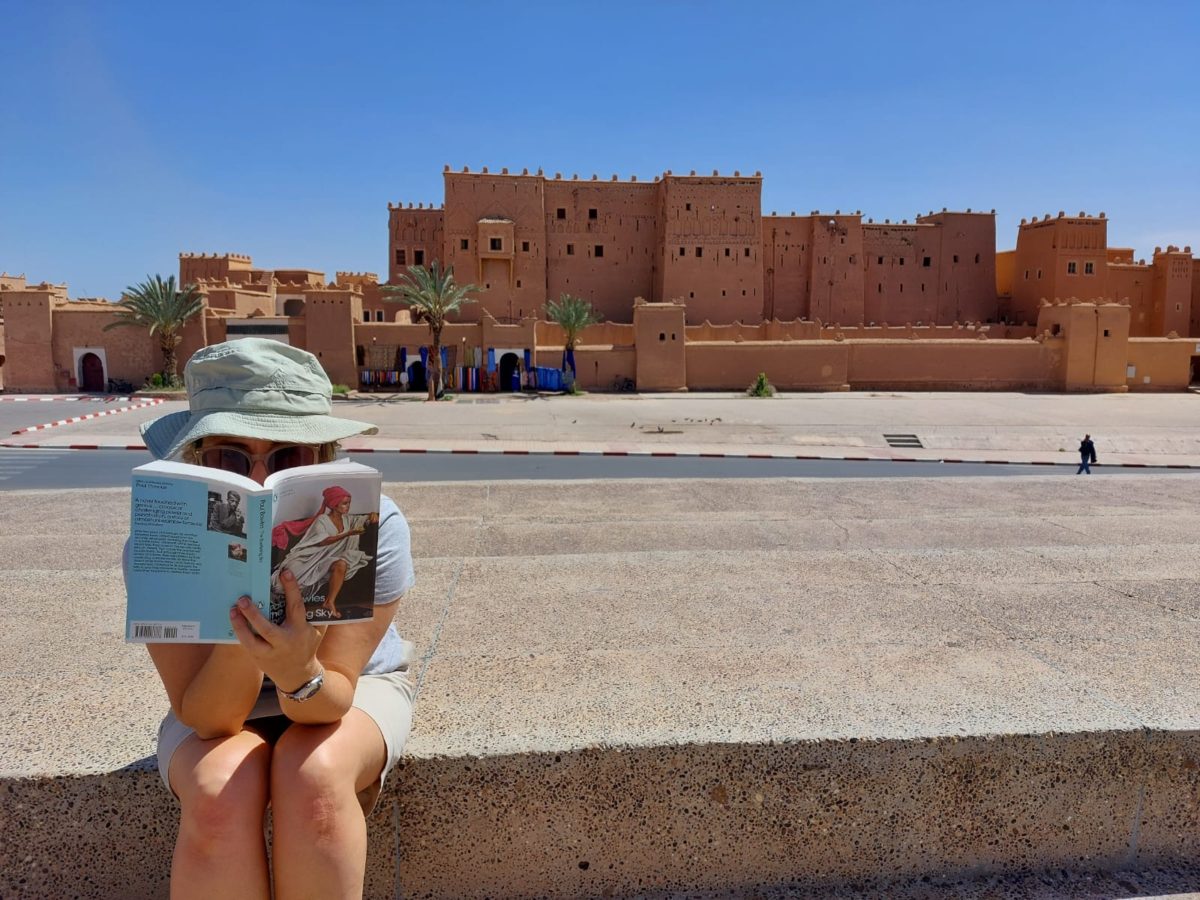This book shows how love is a madness, and not in a cute fun way. This woman meets this semi-famous artist (I mean, let’s not be silly: artists not famous, except in a tiny bubble, but anyway she lives in that bubble). They go out to dinner a lot, talk a lot, but nothing HAPPENS. Then finally things HAPPEN, like three times, and then doesn’t call her very much and she loses her shit.
Thank god she does not do anything publicly embarrassing (e.g., cry at party) but she is a mess: thinking about him obsessively, changing her life to be nearer him, writing him lengthy and shameful emails about ‘their relationship’ Most harrowing is how the cycle repeats: every time she is about to break free, he offers her a little hope, and it begins again. To me it is obvious that he is enjoying the attention, and does not care what it costs her. (You can tell it is a good book because I am talking about it like I know them).
It’s a really unsettling book, because it shows how easy it is to slip into mania, be it about hand washing, about the second coming, or, as here, about a boy.

